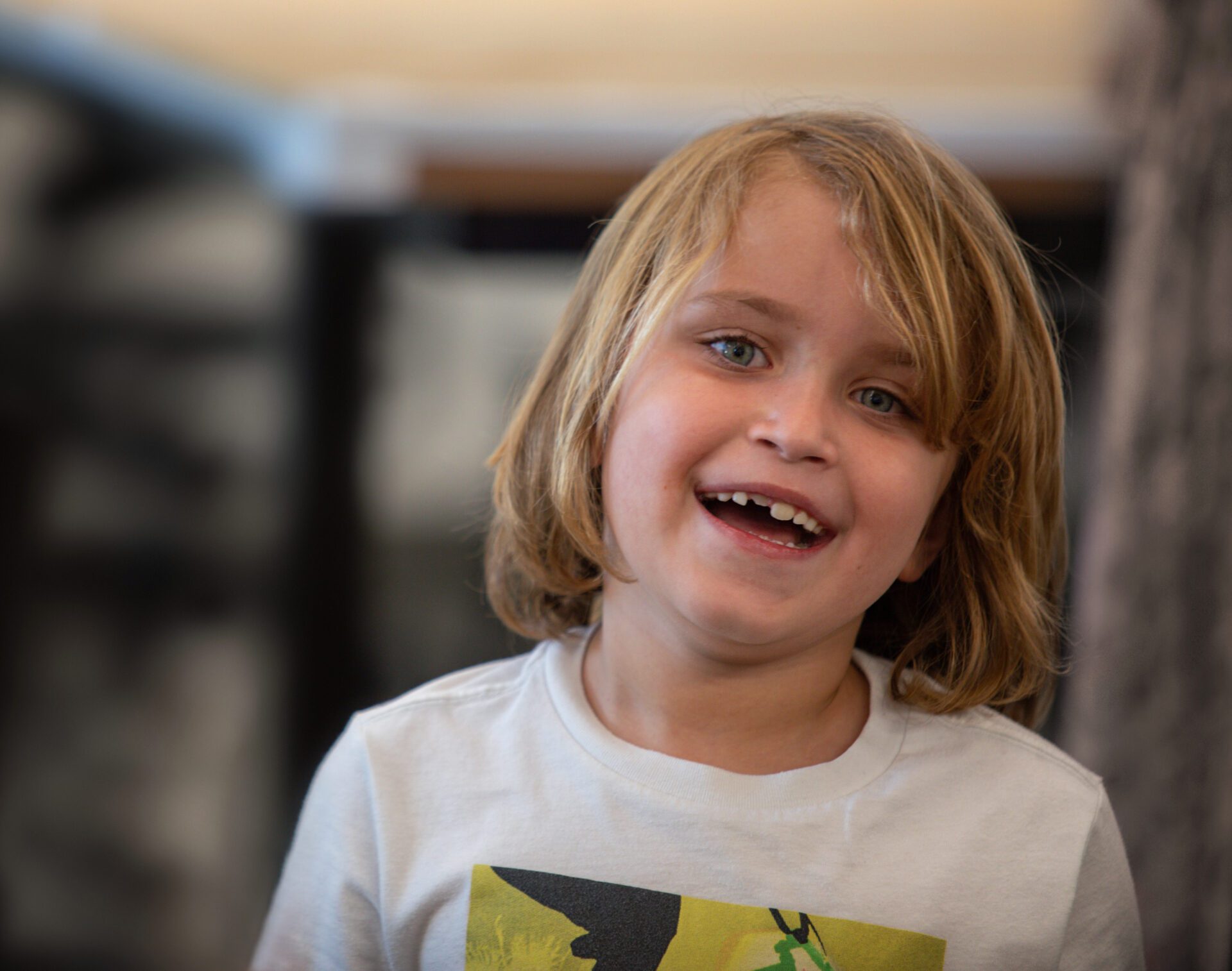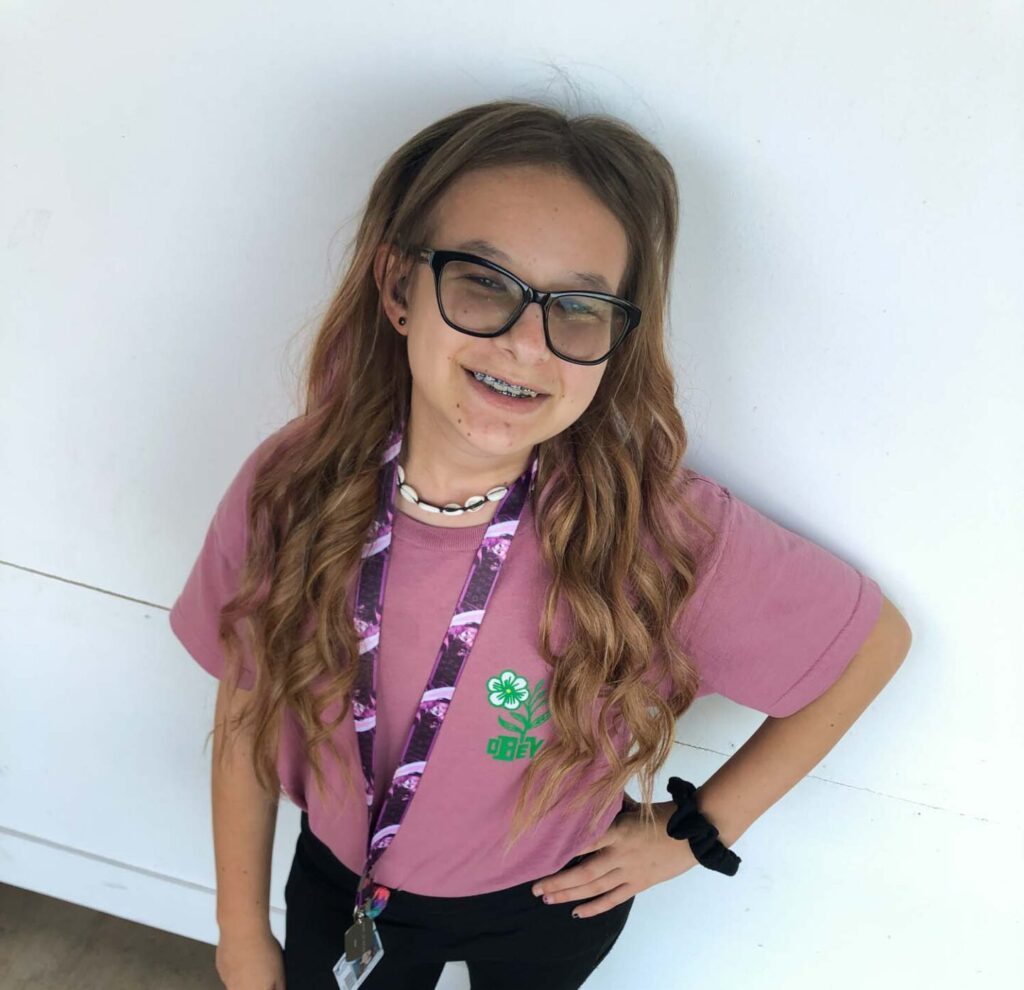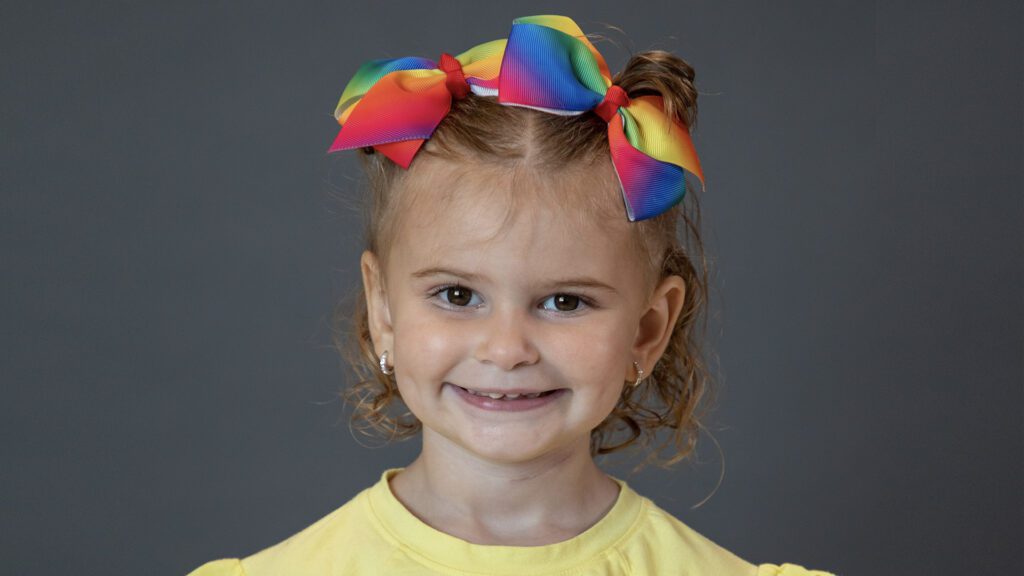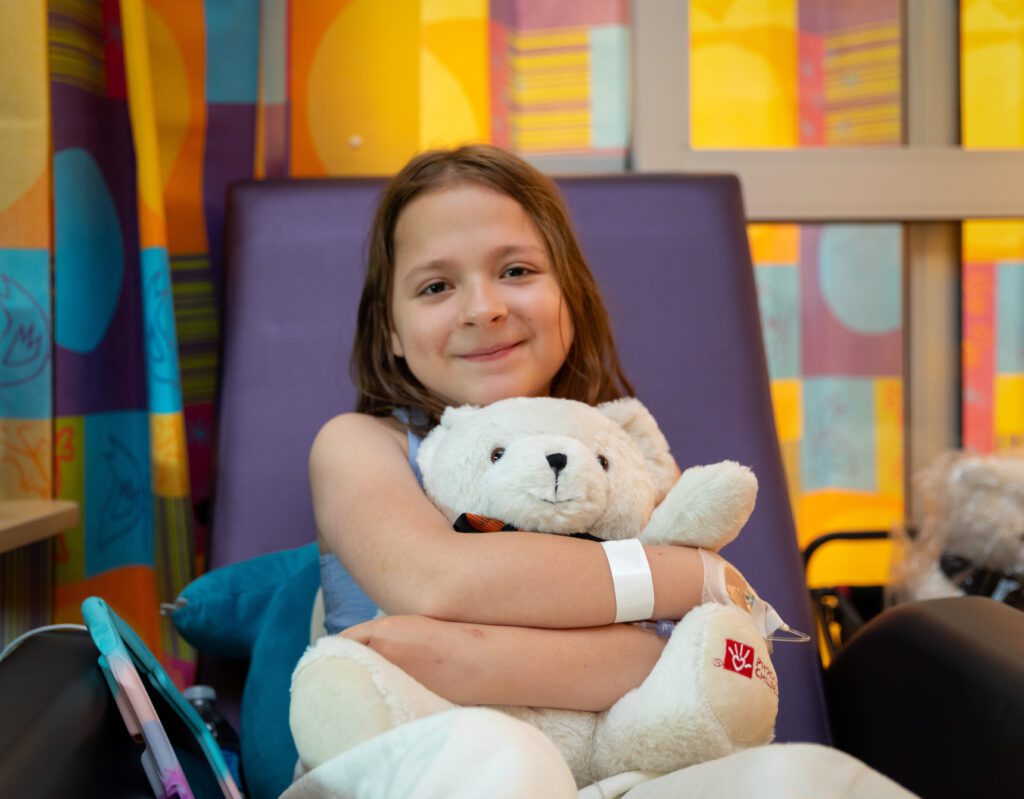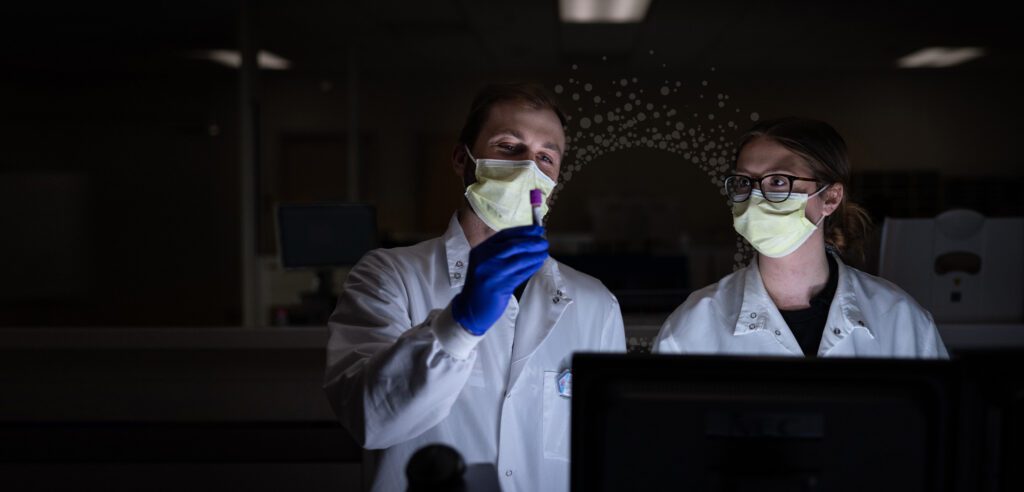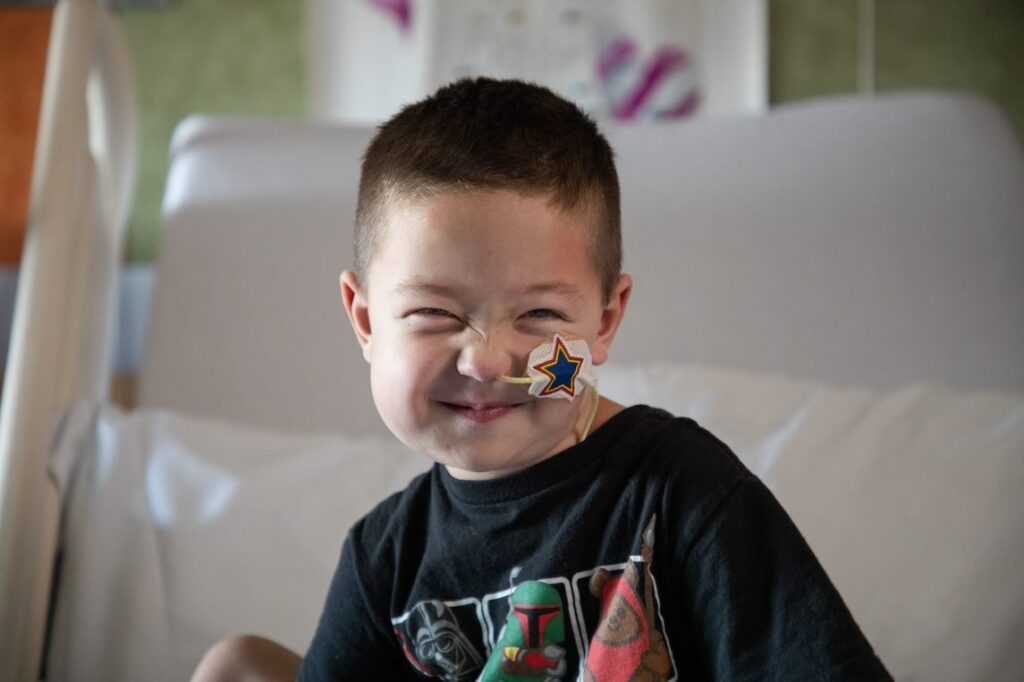Six-year-old Henry has been sick “since the day he was born,” says his mom, Stephanie. When she delivered him at 35 weeks, he was in hemolytic crisis—his body was destroying red blood cells faster than it could make new ones.
Henry was rushed to the Newborn Intensive Care Unit, where he received light therapy and blood transfusions. He was diagnosed with the blood disorder hereditary spherocytosis, a condition in which red blood cells are misshapen and rigid, causing the spleen to destroy them.
As Henry grew older, his health problems continued. He was frequently sick, his spleen was often enlarged, and his immune reactions to typical childhood illnesses were much greater than they should have been. But his doctors were unable to pinpoint a cause.
Seeking a second opinion
In January 2020, when Henry was 4 years old, he experienced another hemolytic crisis. A blood test revealed that antibodies were sticking to his red blood cells and causing them to die too soon—in other words, his immune system was attacking his red blood cells. He was diagnosed with a second blood disorder, autoimmune hemolytic anemia.
But Henry's parents were convinced that there was something more to his condition, so they brought him to Phoenix Children's Center for Cancer and Blood Disorders—a decision that would have life-changing impact not only for Henry's health, but also for his mother and sister's health.
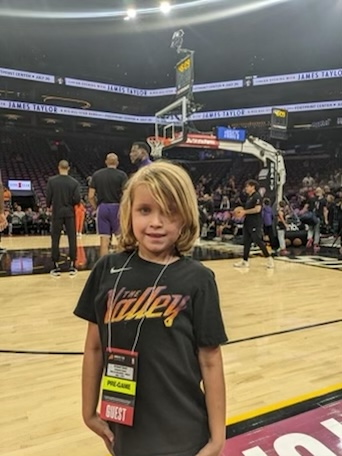
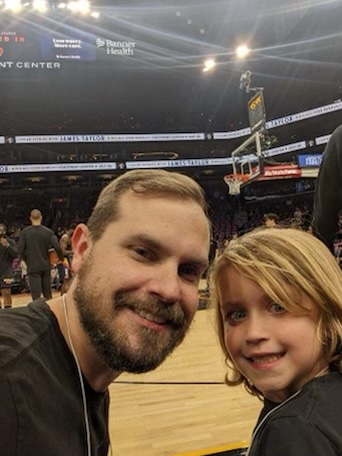
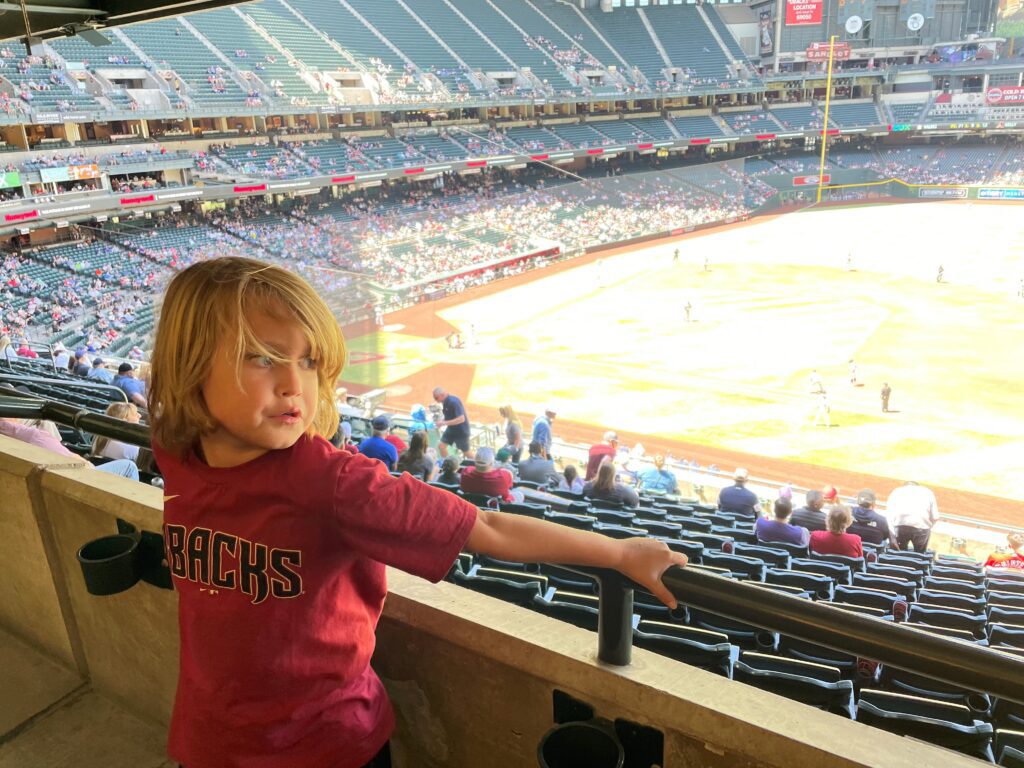
Answers at last
After undergoing testing at Phoenix Children’s, Henry was diagnosed with CTLA4-haploinsufficiency, a rare genetic disorder that severely impairs the immune system, according to the National Institute of Allergy and Infectious Diseases. People with the disorder often experience autoimmune issues that affect various organs and tissues, including the blood.
“His body didn't know what to do when he encountered a virus,” Stephanie explains.
Henry's diagnosis also shed light on his mom's lifelong health issues. The disorder is hereditary, so when Henry was diagnosed, other members of his family were tested for it, too. Stephanie found out that she has the disorder, as does Henry's younger sister, although his sister hasn't experienced any symptoms yet.
Henry's health has improved dramatically since his family transferred his care to Phoenix Children's, says Stephanie. Not only did his care team at the Center for Cancer and Blood Disorders diagnose the disorder, but they also designed a treatment plan that has helped him become “the healthiest kid he’s ever been,” she says.
A lifelong battle
Henry will need specialized care for his complex condition for the rest of his life. Currently he takes a strong immunosuppressant daily and regularly receives intravenous immunoglobulin infusions. If that treatment ceases to be effective, he'll need a stem cell transplant.
Henry's own stem cells have been banked for use in National Institutes of Health research on the disorder. Although his stem cells can’t help him now, they may help others with the disorder or even help him or his sister later in life.
Despite all that Henry has endured, he is a spunky, happy child who is smart, emotional and empathetic, says Stephanie. He enjoys discovering how things work and building stuff, and he loves Legos, the color red and fire trucks.
“I want him to live as normally as he possibly can,” Stephanie says.
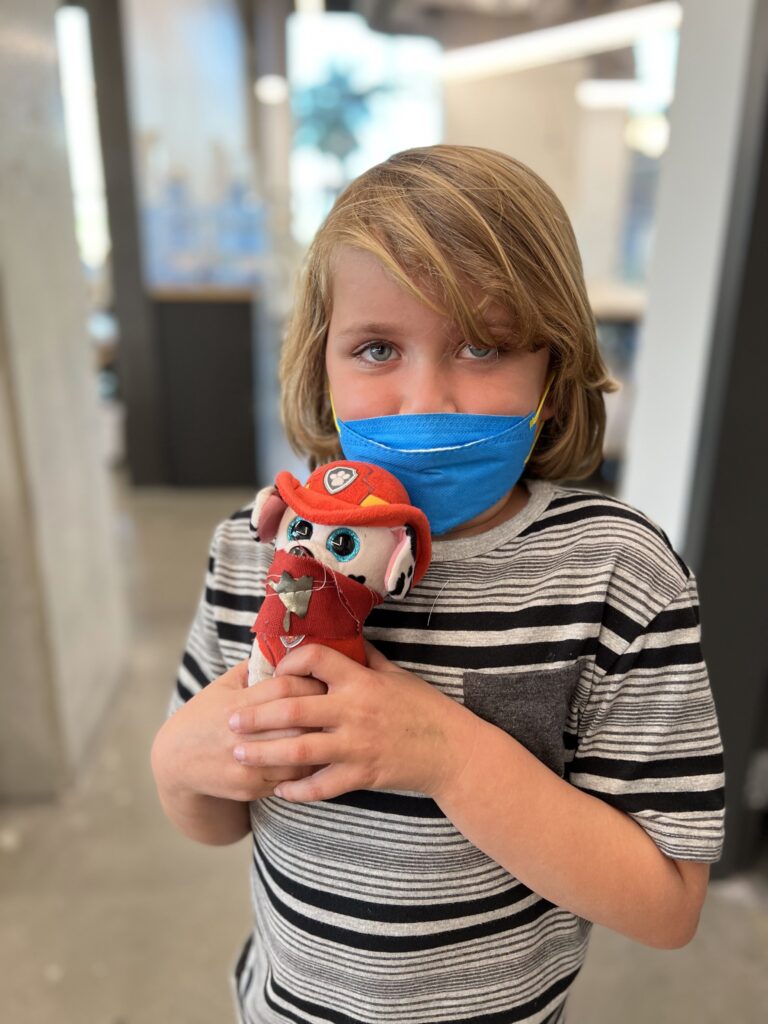
Hundreds of children like Henry come to Phoenix Children’s Center for Cancer and Blood Disorders every year to receive the family-centered care we’re known for. Your support of CCBD allows us to provide the most advanced care with a compassionate touch.
If you have a story about how your life has been touched by Phoenix Children’s, we want to hear from you.

